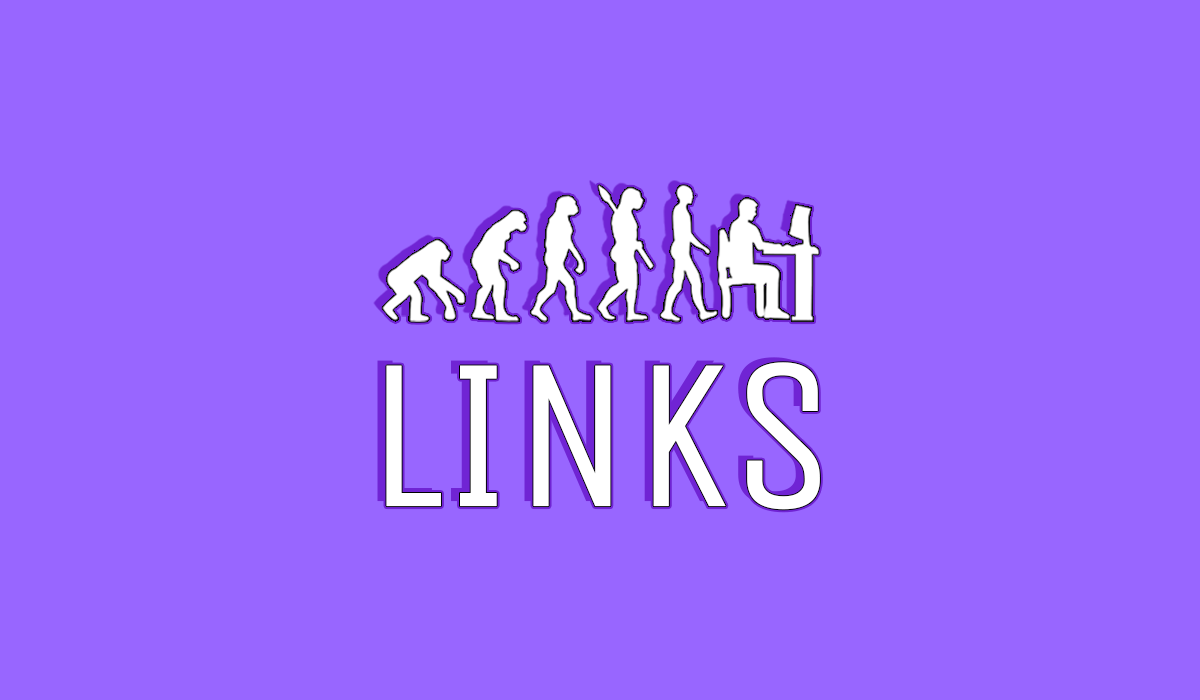LINKS - August 31st, 2022
Welcome to LINKS — my attempt to provide Rhapsody readers with five interesting stories that tell us something about what it means to be human. LINKS is published every Wednesday. Have a link you want to share? Drop it in the comments.
One Man Dies, and an Entire Uncontacted Tribe Vanishes in Brazil
By Flávia Milhorance and André Spigariol, New York Times
“Known as the “Man of the Hole,” the last member of an Indigenous group was found dead this month, marking the first recorded disappearance of an isolated tribe in the country.”
COVID-19 gave new urgency to the science of restoring smell
By Laura Sanders, Science News
“About 5.6 percent of people with post–COVID-19 smell loss (or the closely related taste loss) are still not able to smell or taste normally six months later, a recent analysis of 18 studies suggests. The number, reported in the July 30 British Medical Journal, seems small. But when considering the estimated 550 million cases and counting of COVID-19 around the world, it adds up.”
DeepMind AI learns to play soccer using decades of match simulations
“The third phase of training challenged the digital humanoids to score goals in two-on-two matches. Teamwork skills, such as anticipating where to receive a pass, emerged over the course of about 20 to 30 simulated years of matches, or the equivalent of two to three weeks in the real world. This led to demonstrated improvements in the digital humanoids’ off-ball scoring opportunity ratings, a real-world measure of how often a player gets in a favourable position on the pitch.”
Why You Should Care About Preparing the Planet for Disasters
By Erik Klemetti, Discover Magazine
“Yet, if the COVID-19 pandemic (yet another type of disaster) has taught us anything, it is that events in far off areas will have an impact even on people not in the line of fire, so to speak. The dramatic shutdown of China's industrial production due to the pandemic rippled across the supply chains of the planet. When hurricanes strike the Gulf Coast in the United States, gasoline prices rise as that refining capability is impacted. The eruption of Eyjafjallajökull in 2010 wreaked havoc on air travel across much of the Northern Hemisphere even though the volcano was in the middle of the North Atlantic and far from populations.”
Should We Humanize Inhuman Acts?
By Samantha Stein Psy.D., Psychology Today
“Thankfully, the show often doesn’t give us what we expect. We do always feel sadness for the victims and grief for the loved ones left behind. But how we (and the victims’ families) feel about the perpetrators is not always so cut-and-dry. There are often many, layered factors that lead people up to the point at which they commit terrible crimes, and the show helps us to sit with the discomfort of seeing the humanity in many of the criminals. As we hear their stories and their feelings and learn about their own history of trauma, substance abuse, and other influences that led up to their behaviors, our feelings about them become more complex. Oftentimes, they are accountable for what they have done, and even deeply remorseful, which adds to the complexity of our feelings about them as well. The show humanizes them, and that’s not always comfortable for a viewer who would prefer to see them as something other than human.”




